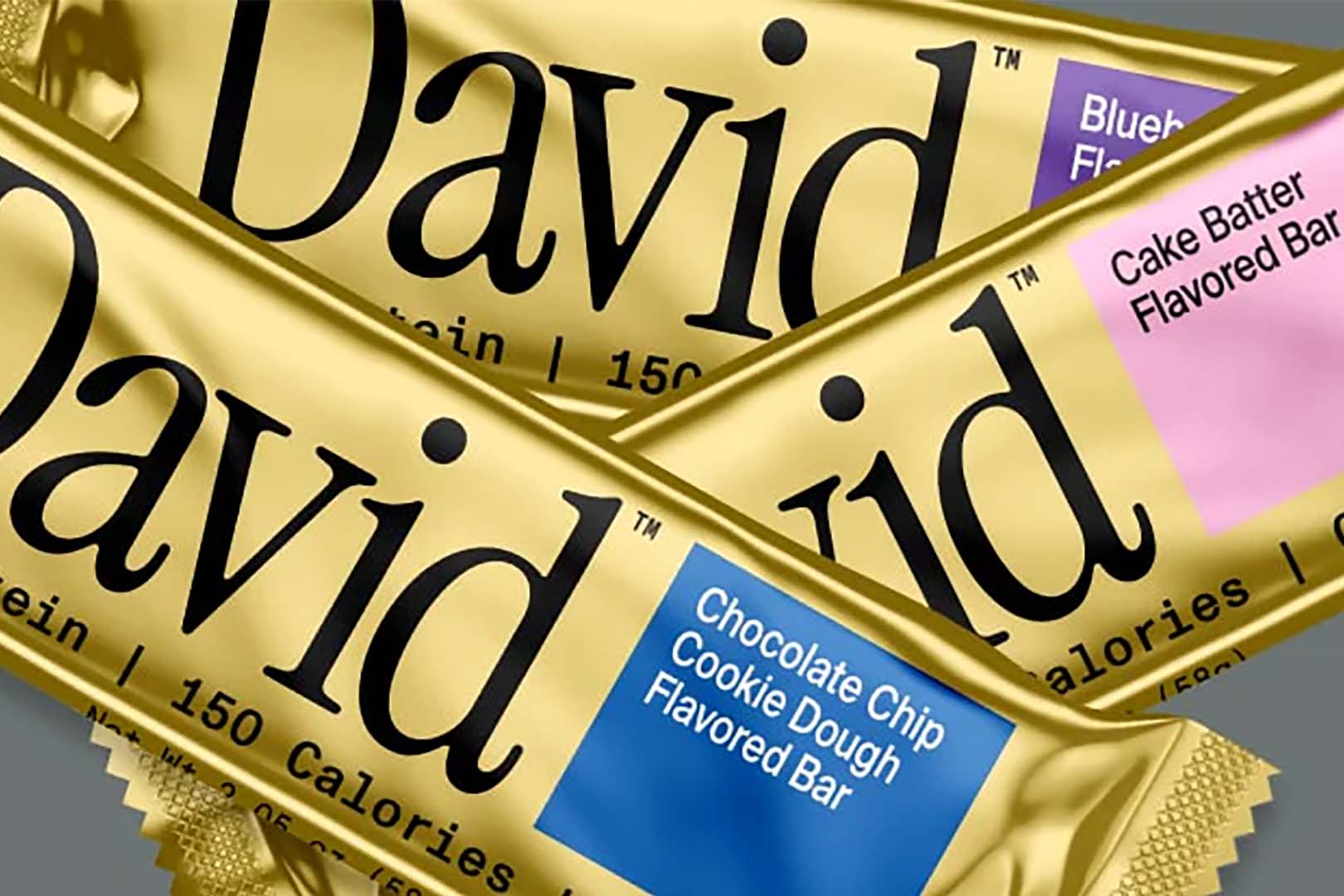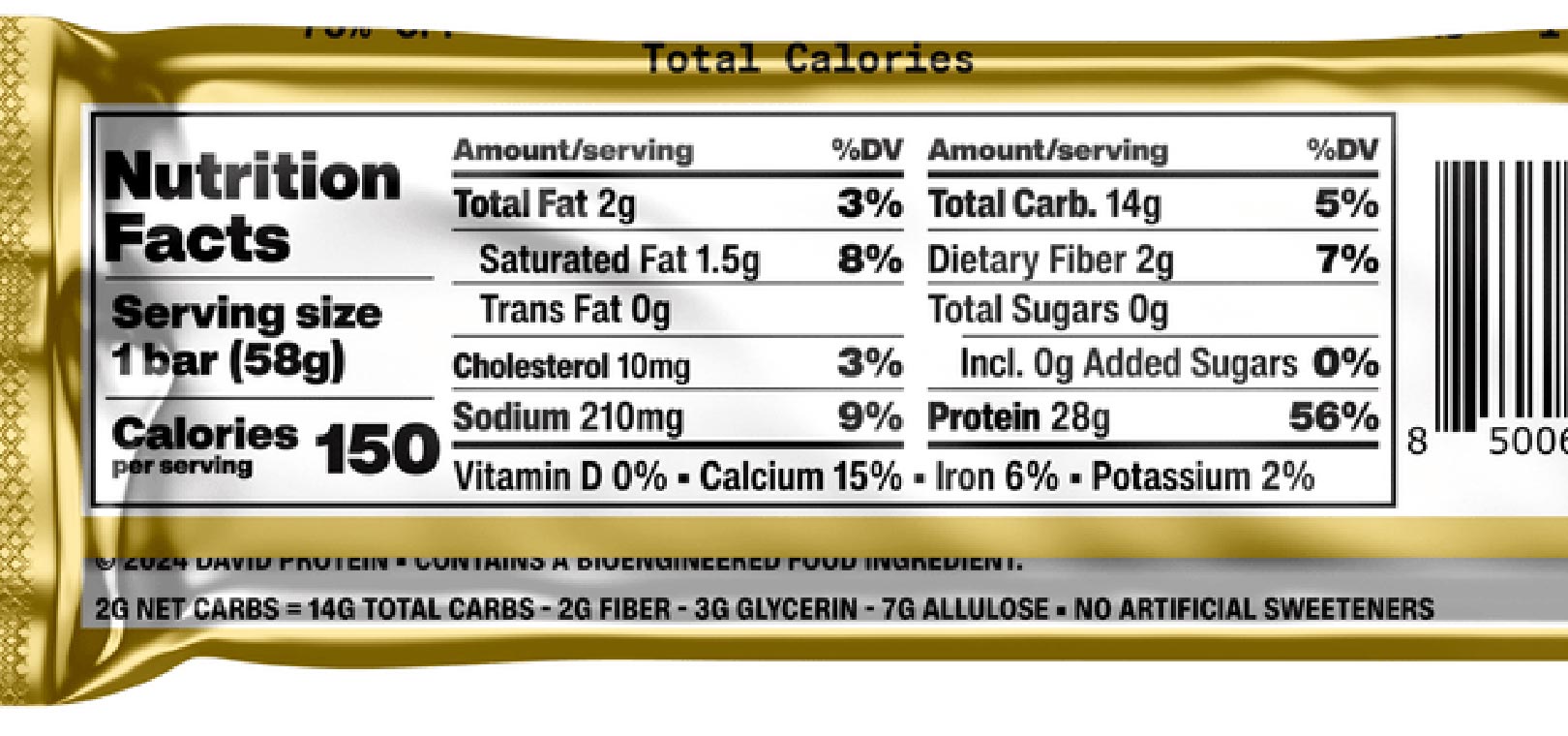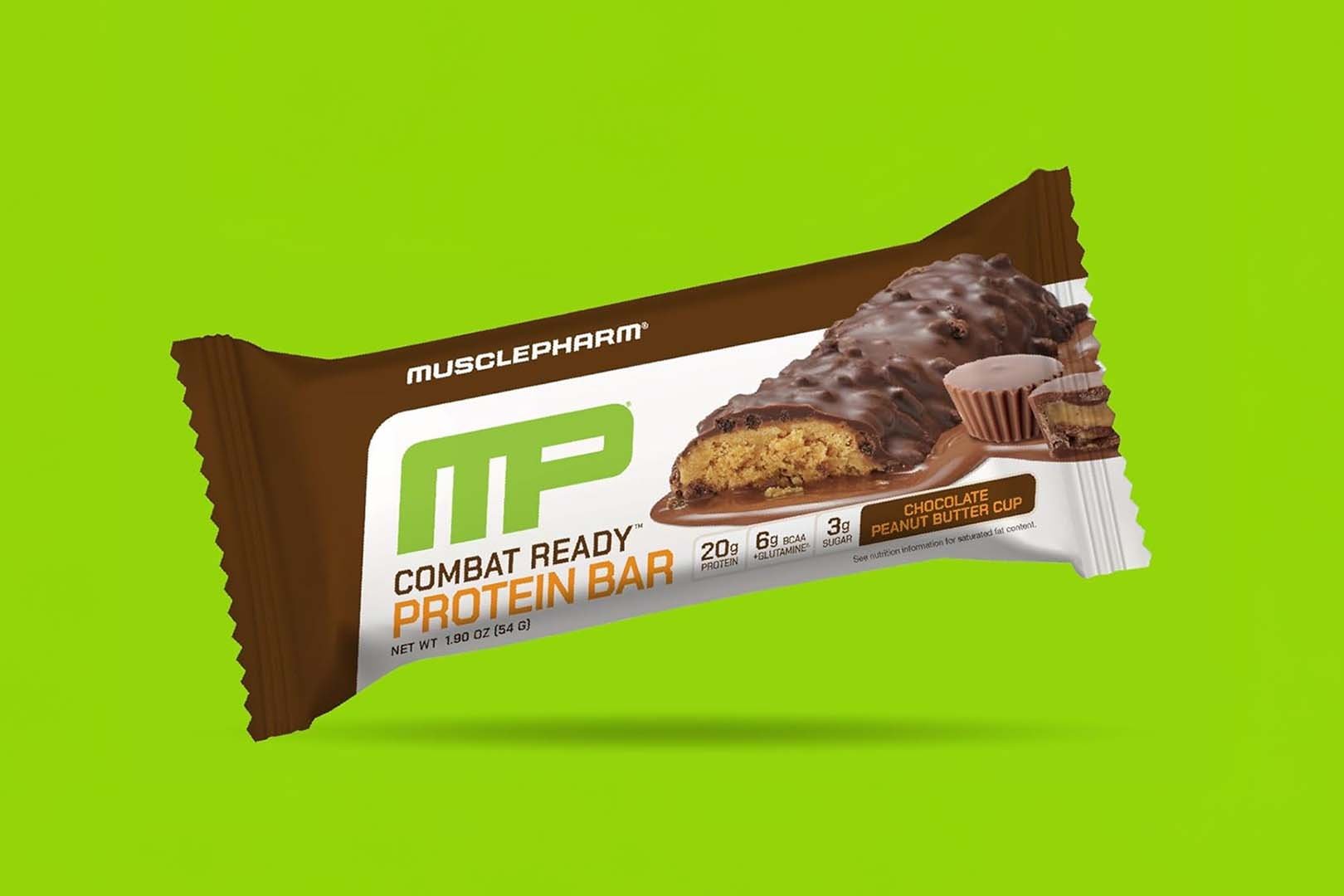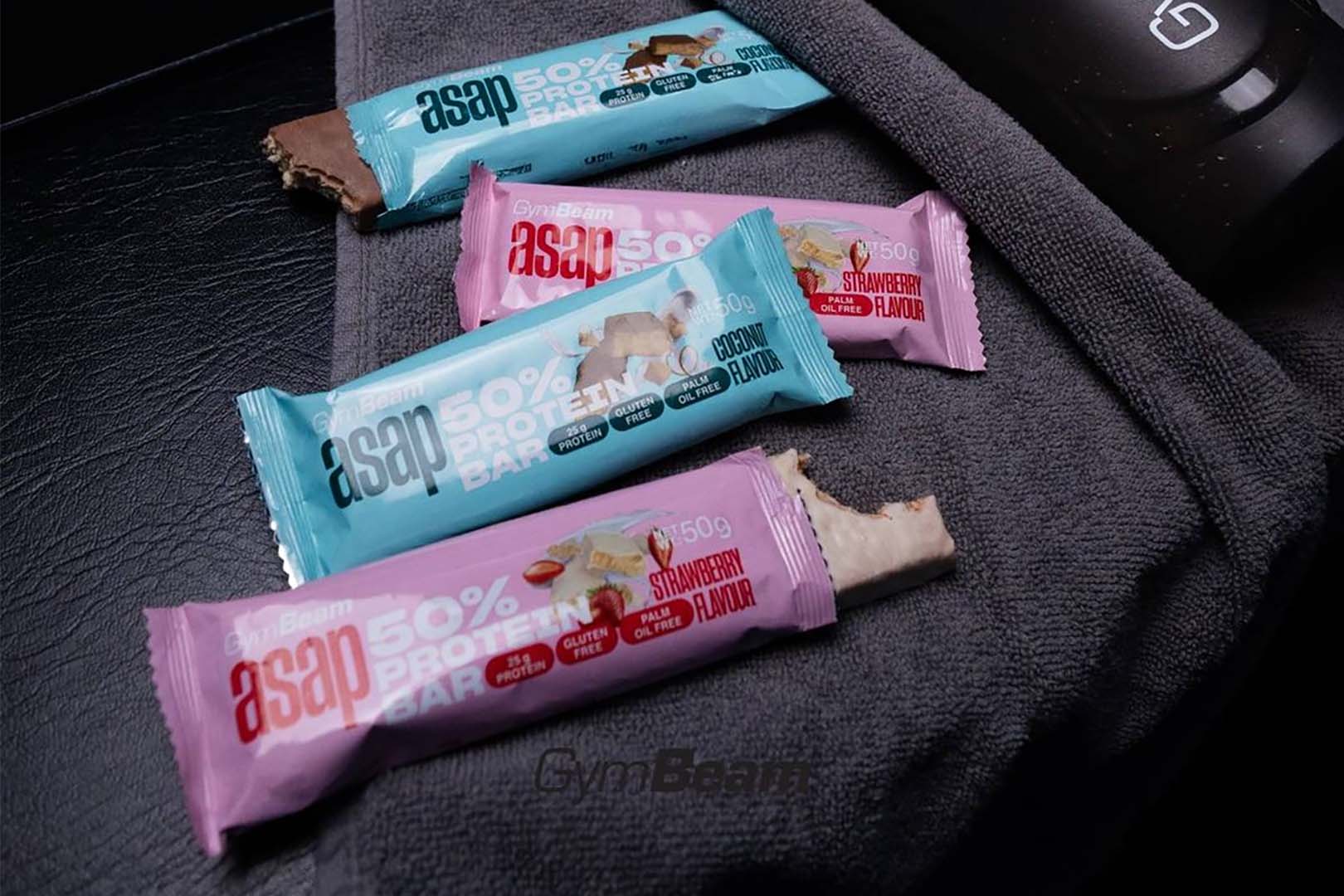
We recently posted about the David Protein Bar for the first time, and there were a lot of questions surrounding the carbohydrates and calories for the newcomer created by one of the founders of the hugely successful RXBar. The biggest feature of the product is the sheer compactness and nutrition of it all, as in the moderately sized 58g bar, you get a huge 28g of protein from quality sources like whey, collagen, and egg whites, but the calories are far below anything we’ve ever seen at 150.
The protein-to-calorie ratio in the David Protein Bar is never before seen, even better than Icon’s Wag Bar, which was essentially a piece of lean beef. Again, we got a few questions about how the nutrition profile breaks down to 150 calories, as 28g of protein, 14g of carbohydrates, and 2g of fat anywhere else doesn’t come out at 150. The goal of the product was to create the greatest protein-to-calorie ratio possible, all while making the David Protein Bar enjoyable enough to be edible and keep coming back to.

To achieve this, David uses EPG in its debut protein snack, a modified plant-based fat that has fewer calories per gram than the standard nine, with the familiar feel of fat. In addition to that, the carbohydrates break down to 2g of dietary fiber, 3g of glycerin to help with the bar’s texture, and 7g of the sugar substitute allulose, which, like EPG, has fewer calories per gram than sugar or carbs. All of that brings the net carb count down to just 2g, and making a lot more sense of that 150 calories.
As mentioned in our initial post on the David Protein Bar, its nutrition is incomparable, with no other brand that we know of even coming close to offering 28g of protein to 150 calories. We are looking to get our hands on the product as soon as possible, but to be fair, it won’t really matter all that much. So long as it is something that can be conveniently eaten, the functionality of the food with 28g of protein, 2g of net carbohydrates, and protein powder-like calories make it more than worth it.


